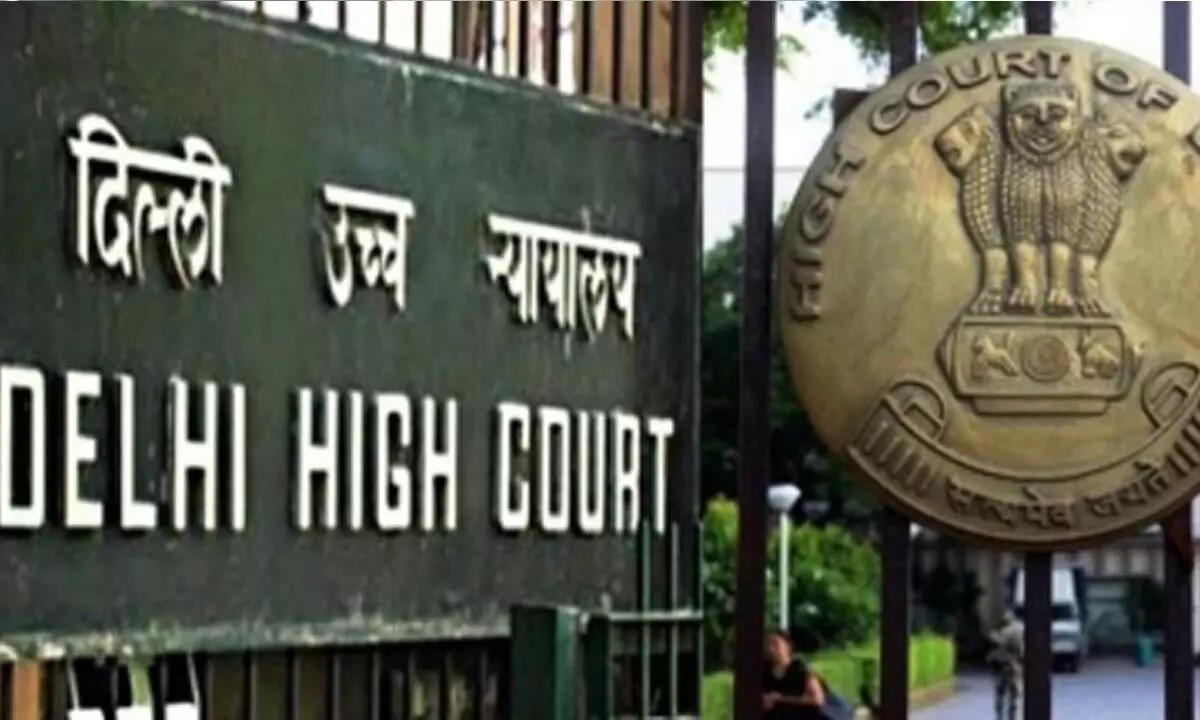Delhi HC reserves judgement in PIL against Facebook over Rohingya content
Share :

The Delhi High Court on Tuesday reserved judgement in a PIL seeking intervention to address the issue of hateful and inflammatory content against the Rohingya community on Facebook.
New Delhi: The Delhi High Court on Tuesday reserved judgement in a PIL seeking intervention to address the issue of hateful and inflammatory content against the Rohingya community on Facebook.
The Public Interest Litigation (PIL) by two Rohingya refugees, Mohammad Hamim and Kawsar Mohammed, calls for directions to Meta to cease the spread of such content and dismantle algorithms that promote hate speech and violence against minority communities.
A division bench of Acting Chief Justice Manmohan and Justice Manmeet Pritam Singh Arora, during the hearing, indicated that the PIL might be treated as a representation to the Central government or that the petitioners have the liberty to approach Facebook with their grievances.
It stressed the importance of following proper procedures, noting the absence of a prior notice to the Union government before filing the PIL.
The court remarked that the petitioner did not reference the Information Technology (Intermediary Guidelines and Digital Media Ethics Code) Rules, 2021, and suggested that a civil suit might be a more appropriate remedy.
Senior advocate Arvind P. Datar, representing Facebook, spoke about the three-tier system in place under the IT Rules 2021 to address offending posts on social media platforms.
Senior advocate Colin Gonsalves, representing the petitioners, argued that Facebook magnifies and spreads hateful content against the Rohingya community, alleging the platform is a propagator of hate speech.
The court noted the challenges of addressing abuse on social media but questioned the suitability of a writ petition as a remedy as it stressed the need for a balanced approach between free speech and controlling hate speech on social media.
Earlier, advocate Kawalpreet Kaur, representing the petitioners, had alleged that misinformation and harmful content originating in India target Rohingya refugees on Facebook, and the platform appears to intentionally neglect acting against such content.
The PIL says that Facebook's algorithms contribute to the promotion of such harmful content. The petition stresses the highly politicised nature of the Rohingya refugee presence in India, stating that the community is disproportionately targeted with content portraying them as a threat, often using terms such as 'terrorists' and 'infiltrators'.
The plea refers to a 2019 study by Equality Lab, revealing that a significant percentage of Islamophobic posts on Facebook in India specifically targeted Rohingya, despite their minimal representation in India’s Muslim population.
The PIL argues that Facebook's failure to act against hate speech poses a threat to the lives of Rohingyas, violating their right to life under Article 21 of the Constitution. The petitioners contend that Meta is also in violation of Section 79(3) of the Information Technology Act read with Rule 3 of the Information Technology (Intermediaries Guidelines) Rules 2011, which outlines the due diligence to be observed by intermediaries.
Hamim and Mohammed had sought directions to Meta to suspend accounts promoting hate against the Rohingya community and to transparently report how it applies content moderation policies on flagged content. The plea further demanded an India-specific report on hate speech content moderation, specifying removal decisions, appeals, and outcomes.







